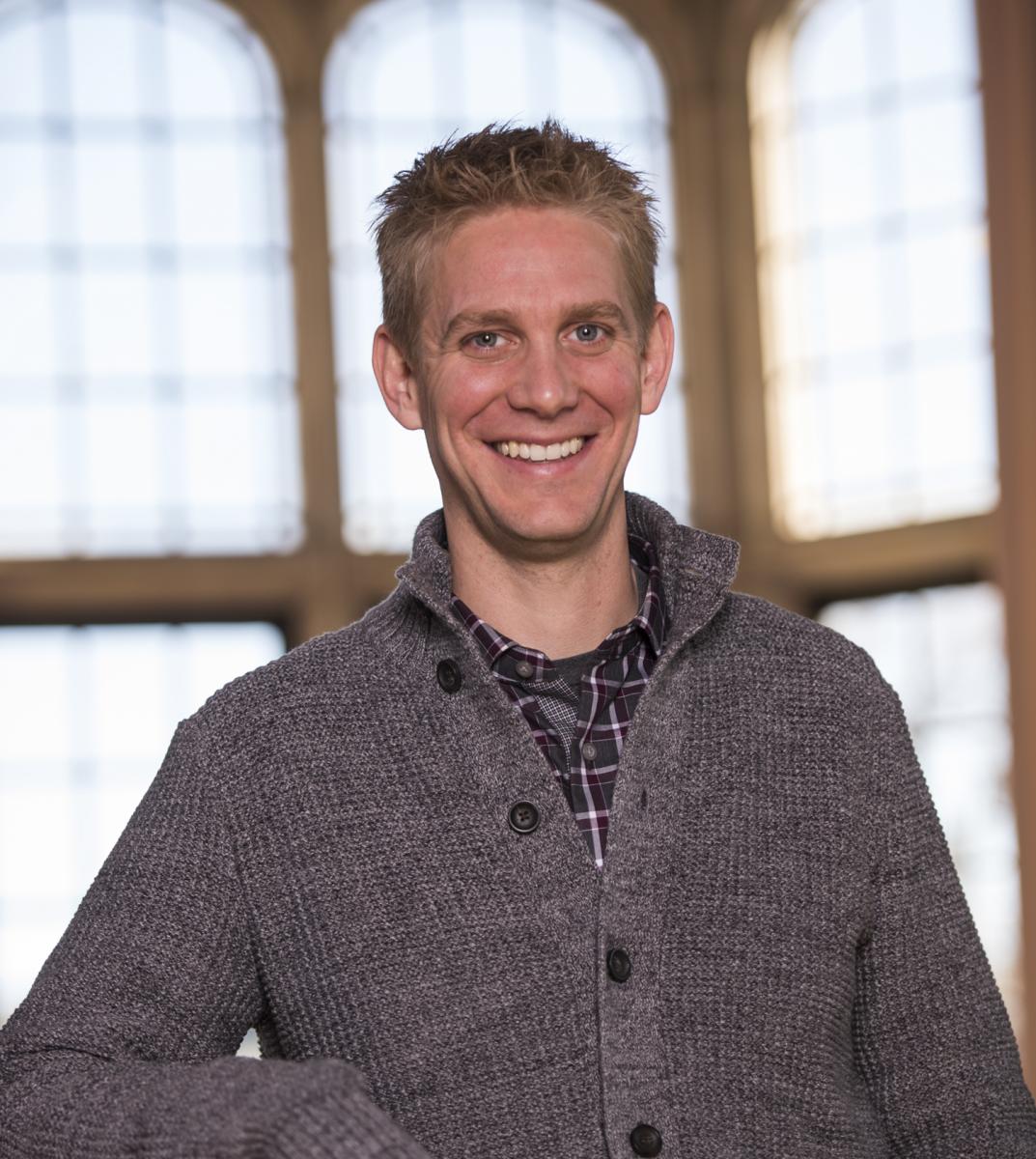
Abram Van Engen, professor of English, co-edited a new collection of essays about religious feeling in early American history and literature. Feeling Godly: Religious Affections and Christian Contact in Early North America (University of Massachusetts Press) includes essays from scholars in literary studies, Native American studies, African American history, and religious studies. Van Engen and his co-editor, Caroline Wigginton, take their title from a 1746 book by Jonathan Edwards about the process of Christian conversion called A Treatise Concerning Religious Affections in which Edwards argued that true conversion is accompanied by affections that change a person’s nature.
A scholar of early American literature and religion, Van Engen is the author of City on a Hill: A History of American Exceptionalism and Sympathetic Puritans: Calvinist Fellow Feeling in Early New England. He also currently serves as dean’s fellow for educational innovations and initiatives in Arts & Sciences.
While Edwards’ tract provides the book’s starting point, Feeling Godly expands beyond protestant Christianity to examine religious feeling in a wider range of cultures and practices in North America at the end of the 18th century. Including these perspectives allows for a comparative study of the role of emotions in the history of religion.
The volume also includes essays by Stephanie Kirk and Mark Valeri. Kirk, professor of Spanish, comparative literature, and women, gender, and sexuality studies, contributed an essay on “Local Devotions in New Spain.” Valeri, the Reverend Priscilla Wood Neaves Distinguished Professor of Religion and Politics, contributed an essay to the collection on “Conversion, Free Will, and the Affections in Eighteenth-Century New England.”



